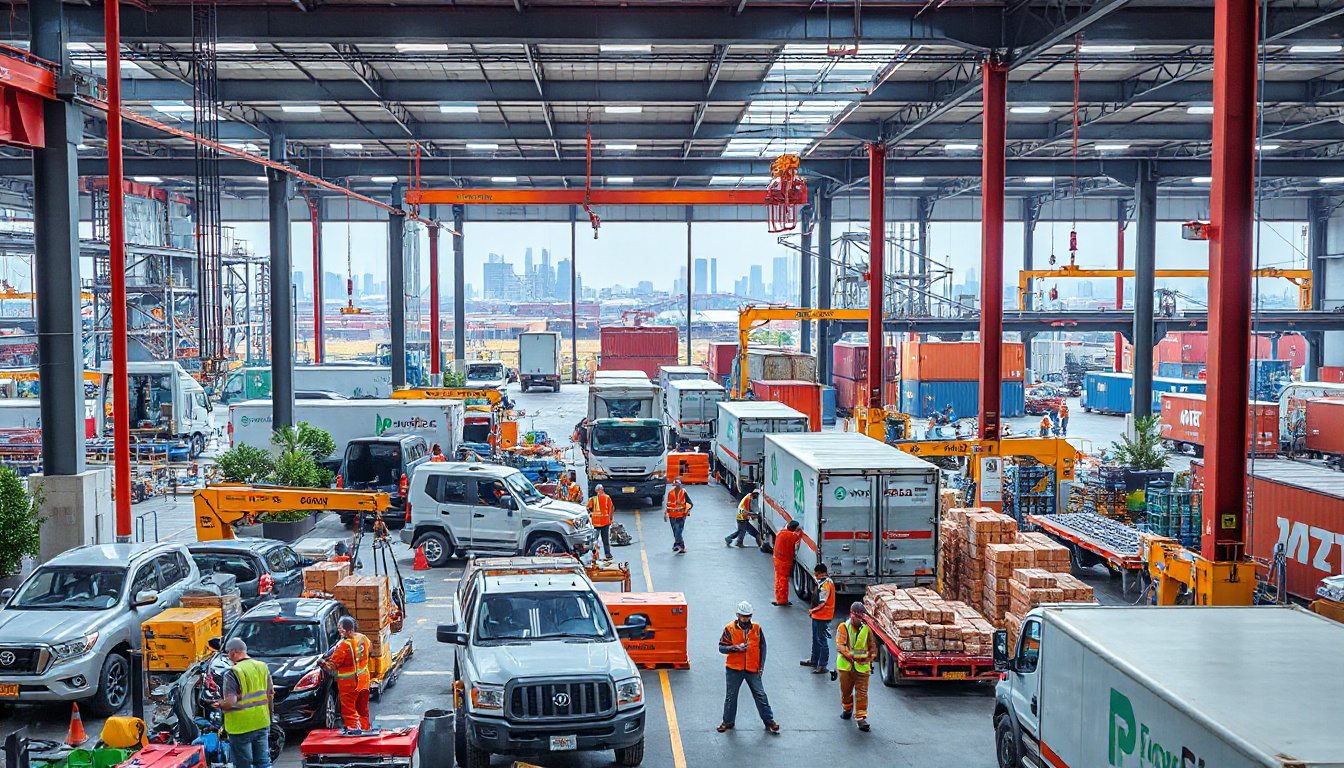In today’s rapidly changing economy, the need for sustainable development and dedicated spaces for industry has never been more critical.
Enter industrial zones—designated areas where various industries can establish their operations with the support of infrastructure, utilities, and a favorable regulatory environment.
These zones are not just plots of land; they are engines of economic growth that facilitate innovation, create jobs, and enhance global competitiveness.
In this article, we will explore the multifunctional purpose of industrial zones, their economic benefits, the challenges they face, notable case studies of success, and what lies ahead for these vital areas.

 February 2026
February 2026

